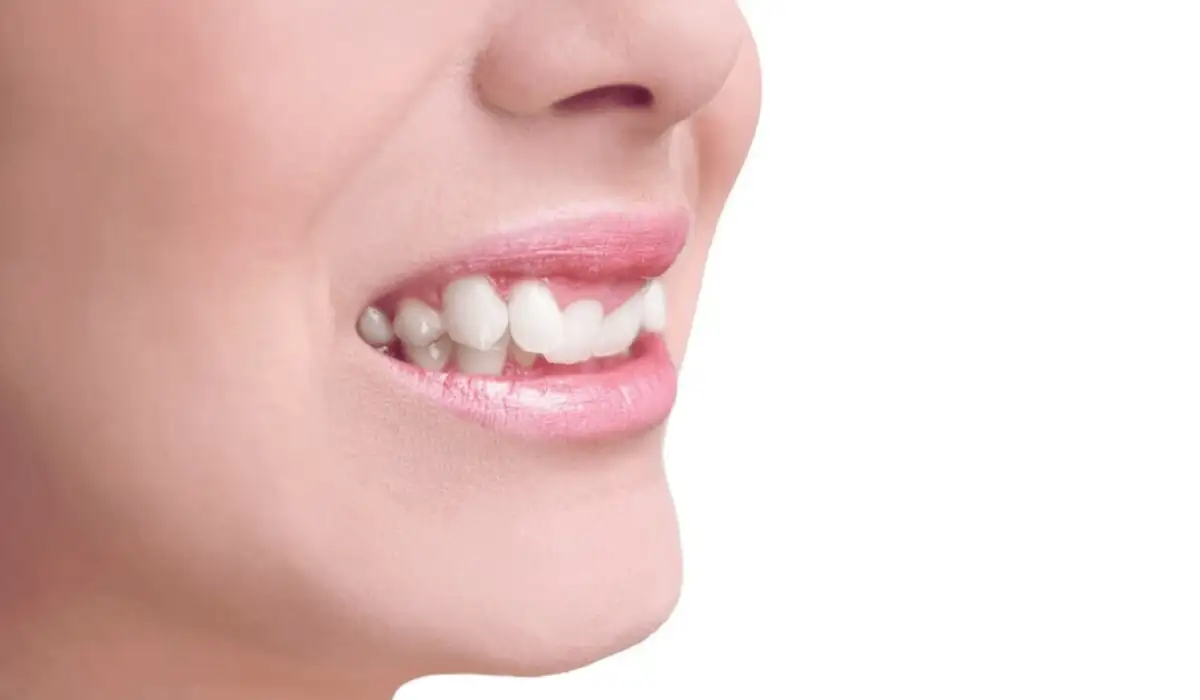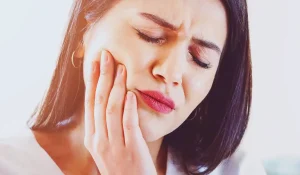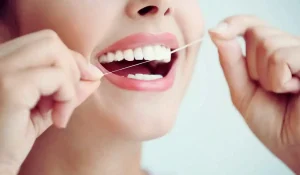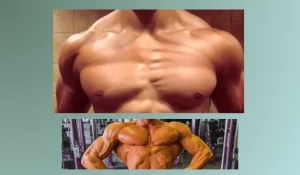Your teeth shift ever so slowly, and most people do not even realize such an event is happening until there is a prominent or noticeable difference. This shift in teeth may not only affect your appearance but also cause you some discomfort.
A picture-perfect smile is a confidence booster, but if you feel like this shift in your teeth is causing you insecurity or, worse, causing your pain and discomfort, then you should probably consult with your doctor and address the issue.
There are many reasons why your teeth are suddenly shifting, and this shifting can manifest in various ways too. This article will discuss some reasons why your teeth are shifting, how to spot them if they are shifting, and also some tips to prevent them because prevention is always better than cure. There is a lot to get into, so without much delay, let us get straight to the matter.
Why Are Your Teeth Shifting Places?
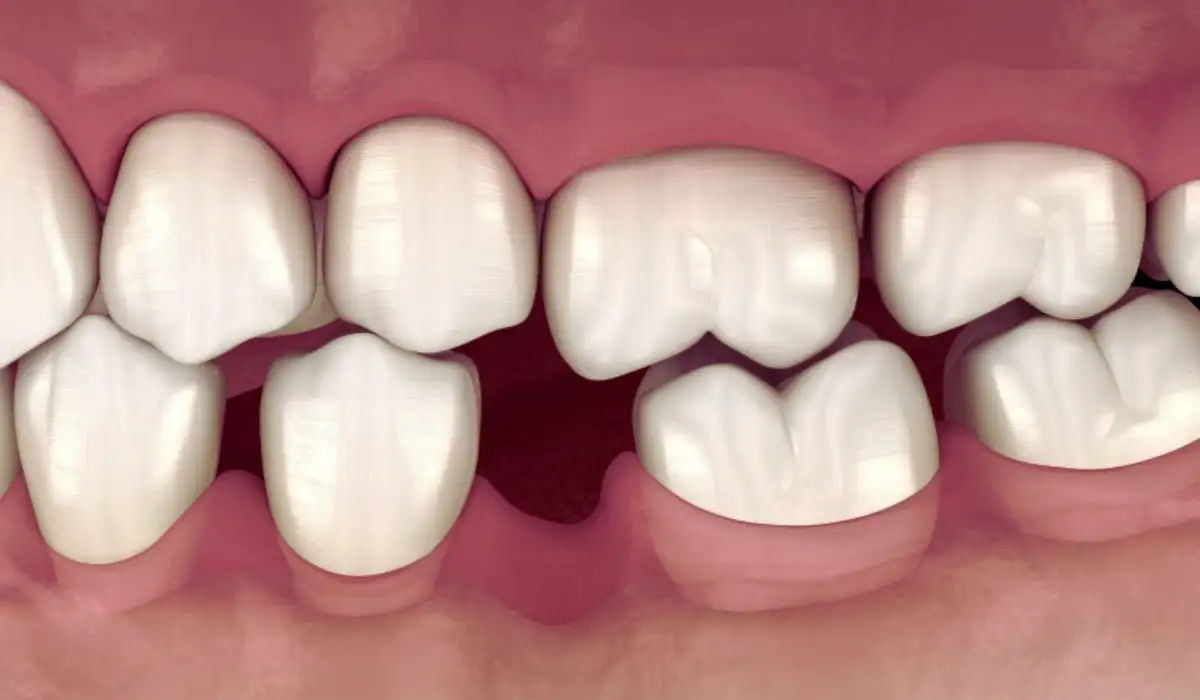
Oral Habits: The tendency to grind, gnash, or clench your teeth is called bruxism. Pushing your tongue against your front teeth is called tongue thrusting. Both habits, like bruxism and tongue thrusting, can affect your teeth and cause them to shift places.
Missing tooth: If your tooth falls out, then your neighboring teeth will shift and try to relocate to address the gap and reduce the distance. So if you have a missing tooth, especially a canine or incisor, then make sure to consult your dentist and wear dentures so that your teeth will stop moving around.
Aging: As one gets older, our tissues get weaker and our tooth health deteriorates. This might cause your teeth to shift positions.
Certain dental conditions, like periodontitis or gum diseases, might cause your gums to weaken. This might loosen up your teeth and cause it to move.
Jawbone growth: There is a tendency for your jawbone to grow forward and narrower as you get older. This might start off as crowding at first, but later, trouble in the bite slowly causes a shift in your teeth.
CPAP therapy: This Continuous Positive Airway Pressure therapy is designed for people with sleep apnea. Some studies have shown that this mask over your nose may cause some tooth movement
Signs and symptoms of teeth shifting
Learning more and understanding why your teeth are shifting is the first and foremost step. By understanding the cause, you will be able to discuss it with your doctor and take measures to prevent this from happening.
✅ Gaps
This one is pretty noticeable. If you suddenly see gaps in between teeth that were perfectly aligned and closely together then it is clear that your teeth are shifting.
✅ Crowding
Crowding is another common symptom. Crowding means your teeth get closer together and tend to overlap. This can make cleaning very difficult. Usually, this crowding is observed for teeth on the lower jaw
✅ Pain and sensitivity
If you feel like you are experiencing pain in your teeth for no apparent reason, then there are chances that it might be because your teeth are shifting places. Also, look out for sensitivity issues.
✅ Genetics
Yes, your genetics can also be the villain in this story. Even if you were born with straight teeth, if this runs in your blood, then as you age, your teeth might tend to shift and cause problems.
✅ Change in bite
A bite is normal when your teeth are all perfectly aligned with each other and sit very symmetrically on the upper and lower jawline. When your teeth start to shift, you will observe a change in your bite and probably a bit of difficulty or discomfort.
✅ Loose teeth
If your teeth feel a bit loose, then they are probably on the verge of shifting. Your tooth shouldn’t feel loose and this might be an indication for deeper problems.
Tips on preventing the teeth from shifting
If you want to prevent the shifting of your teeth, then keep these in mind:
Visit your dentist: Make sure to regularly visit your dentist and have a clear understanding of the situation of your teeth and gums. And if there is any chance that your teeth are about to shift, then they can spot it right away and suggest preventive measures.
Oral hygiene: Oral hygiene is another important part. You have to brush two times a day and floss your teeth to ensure that there is no plaque buildup in your mouth. Too many bad bacteria in your mouth can cause infections, weaken your jaw and teeth health, and cause your teeth to loosen up and shift.
Be regular with your retainer. If you had orthodontic treatment like braces before, then ensure that you are wearing the retainer properly. Your teeth tend to move toward their original position. So even if you wear braces for many years and are not consistent with retainers, your teeth will change their position. You can opt for a permanent retainer or a removable one.
Also Read: How To Keep Teeth From Breaking? Expert Tips & Strategies!
Conclusion
Your teeth might shift due to many reasons, like gum diseases, habits, being inconsistent with your dental treatments, etc. These changes might cause discomfort in some people. If you observe any symptoms of your teeth shifting, then head straight to your dentist and express your concerns. Make sure that you are being consistent with your oral hygiene.
References
- Manfredini D, et al. (2013). Epidemiology of bruxism in adults: A systematic review of the literature.
https://pubmed.ncbi.nlm.nih.gov/23630682/ - Pagani R, et al. (2016). The use of Invisalign system in the management of the orthodontic treatment before and after class III surgical approach.
https://www.hindawi.com/journals/crid/2016/9231219/

